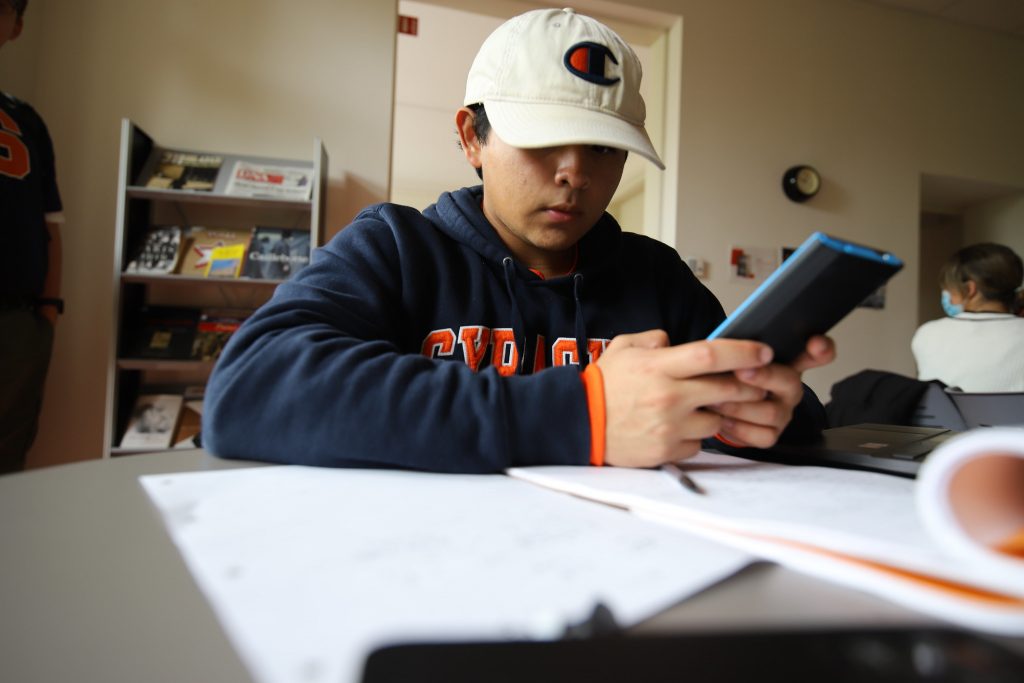Accessibility and accommodations for students with disabilities vary significantly around the world. Syracuse Abroad embraces the opportunity to support all students by working closely with colleagues at the Center for Disability Resources to create inclusive experiences, rich in the framework of global learning. Together we can support a successful experience abroad, which is reliant on upon student communication during their pre-travel planning.
Instructions on how to best communicate any disability related accommodations can be found by visiting our Disability Accommodations webpage.
Accessibility is an important consideration to be mindful of when deciding where to travel and study abroad. Be aware that unlike the United States, many countries do not legally require accommodations for persons with disabilities. Syracuse Abroad encourages you to learn about the cultural differences, including norms, stereotypes and colloquialisms, in your host country, city and every subsequent place you choose to explore.
Disability Accommodations Abroad may include supportive measures that address the following:
- Classroom accommodations for learning disabilities.
- Mobility-related accommodations for physical disabilities.
- Housing-related accommodations which address access needs relative to the student living environment.
For more information about university services to support students with disabilities, contact the Center for Disability Resources at 315-443-4498 (voice) or 315-443-1371 (TDD/TTY).
Additional resources you may find helpful:
Mobility International: This resource provides accessibility guidance and country specific information for travelers with disabilities. Search by disability, destination, audience, etc. in order to gain a better understanding, read personal stories, and devise a strategy for your planned experience abroad.
DiversityAbroad.com: This website provides tools and information to plan and engage in a successful experience abroad. Links to external resources, in addition to some great articles and resources about accessibility abroad may be helpful.
Travel.state.gov: Before you travel, enter a destination name to find information for mobility-impaired travelers in the Special Laws & Circumstances section. Additionally, find information about Service Animals, Assistive Equipment, and Medical Considerations.
For more information about your host country or countries of interest, contact your International Program Advisor or our Student Services team. To learn more from your peers, we encourage you to reach out to Global Ambassadors. These are alum from various programs and locations that are willing to discuss their experiences with you and answer your questions!

